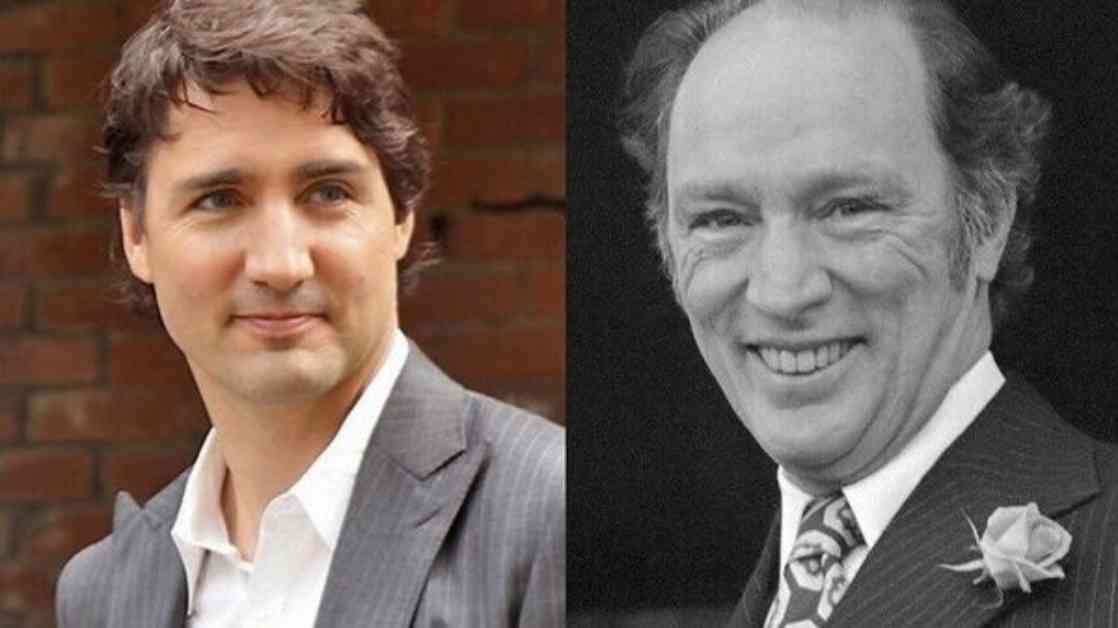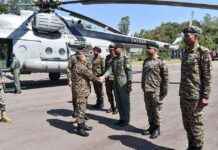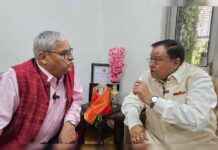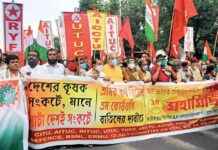**The Trudeaus’ Legacy in Indo-Canadian Relations Amidst PM’s Resignation**
Canadian Prime Minister Justin Trudeau’s recent announcement of his resignation has left the nation in shock. On January 6, 2024, Trudeau conveyed his decision to step down as Prime Minister of Canada, citing internal battles within the Liberal Party as the reason behind his departure. This move has significant implications for the future of Canadian politics, as Trudeau plans to remain in office until his successor is chosen.
**The Diplomatic Battle with India**
One of the central themes of Trudeau’s tenure has been the strained relationship between Canada and India, particularly regarding the Khalistan issue. The roots of this conflict can be traced back to the era of Trudeau’s father, Pierre Elliott Trudeau, who served as Canada’s Prime Minister in the 1970s and 1980s. The unresolved tensions surrounding Khalistani separatism have continued to plague diplomatic relations between the two nations, culminating in recent events that have further exacerbated the situation.
**The Khalistan Row: From Pierre to Justin**
The history of Indo-Canadian relations is marred by the Khalistan movement, which has been a source of contention for decades. Pierre Trudeau’s reluctance to address the issue during his time in office set the stage for ongoing conflicts that have persisted into his son’s leadership. The recent accusations against India in connection to the assassination of Hardeep Singh Nijjar have only added fuel to the fire, exacerbating the already fragile relationship between the two countries.
**The Kanishka Bombing: A Tragic Legacy**
One of the most tragic consequences of the Khalistan conflict was the bombing of Air India Flight 182 in 1985, which resulted in the deaths of 329 passengers. The orchestrated attack by pro-Khalistan militants underscored the gravity of the situation and highlighted the devastating impact of extremist ideologies on innocent lives. The legacy of this tragedy continues to haunt the Indo-Canadian relationship, serving as a stark reminder of the dangers posed by radical movements.
**The Nuclear Reactor Row: A Complicated History**
Another factor that has contributed to the strained ties between Canada and India is the historical context surrounding nuclear cooperation. The fallout from India’s first nuclear test in 1974, using plutonium supplied by Canada, led to a breakdown in relations between the two nations. Despite efforts to mend the rift through a Nuclear Cooperation Agreement in 2010, the legacy of mistrust persists, casting a shadow over future collaborations in the nuclear energy sector.
In conclusion, the Trudeaus’ legacy in Indo-Canadian relations is a complex tapestry of historical grievances, political missteps, and unresolved conflicts that continue to shape the dynamics between the two countries. As Canada grapples with the aftermath of Justin Trudeau’s resignation, the implications for future diplomatic efforts remain uncertain.


























